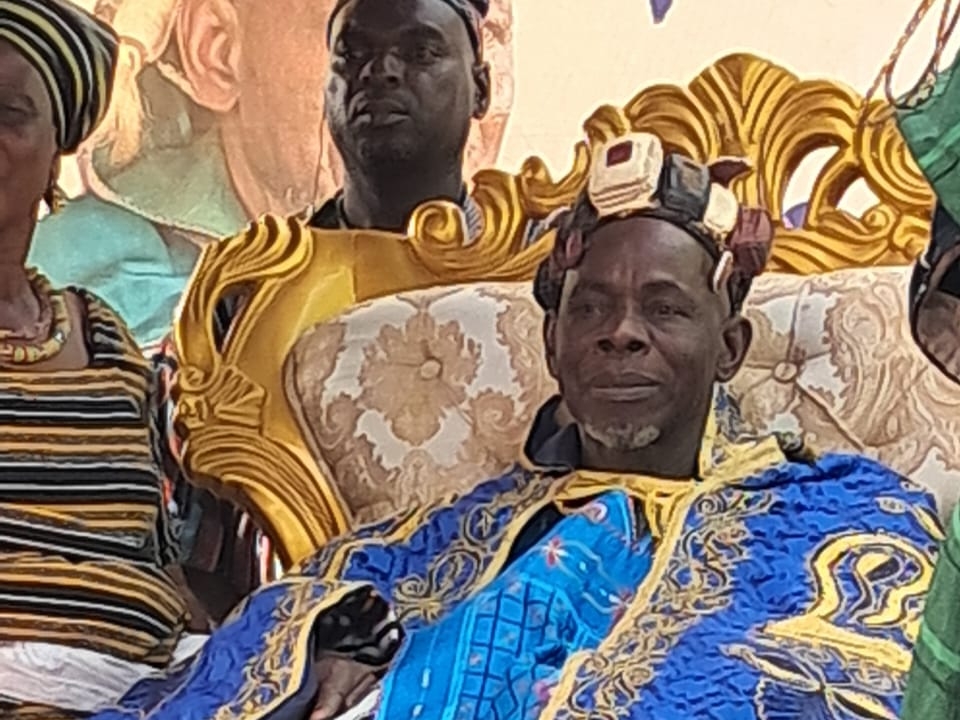ARTICLE AD
THREE beneficiary institutions yesterday received a total amount of $220,135.00 as grant support to enable them to undertake health and educational projects under the Grant Assistance for Grassroots Human Security Project (GGHSP).
The beneficiary institutions are the Wassa Amenfi Central District Assembly, the Achiase District Assembly, and the Centre for Active Learning and Integrated Development (CALID), a non-governmental organisation.
Out of the total amount $72,593, USD 62,631 and USD 84,911 would be allocated to the Wassa Amenfi Central District, CALID and the Achiase District Assembly, respectively for the various projects to be carried out.
The GGHSP is a programme by the Japanese government to help provide financial support to small-scale projects in developing countries, and aims to help local government and non-governmental organisations address basic human needs.
Under the grant contract agreement, which was signed between Japan and Ghana in Accra yesterday, the beneficiary institutions would construct a school block for Dwirigum Basic School in the Western Region and the Nwodua Primary School in the Northern Region and a health centre at Akenkausu in the Eastern Region.
It was signed by the Ambassador of Japan to Ghana, Mr Yoshimoto Hiroshi, on behalf of the government of Japan and representatives of the beneficiary institutions.
They were the Coordinating Director of the Wassa Amenfi Central District Assembly, Mr Daniel D. Kanyage, the Coordinating Director of Achiase District Assembly, Mr Nuamah Ofori, and Mr Mohammed Awal Sumani Bapio, the Executive Director of CALID.
In his remarks, Mr Hiroshi said the GGHSP had generated a stem competition for grant assistance due to its impact as it was one of the rewarding schemes that targeted most deprived persons in the communities.
According to him, the GGHSP over the past 35 years had provided support to various sectors towards the sustenance of basic human needs and improving quality of life for all.
That notwithstanding, Mr Hiroshi also noted that the government of Japan would continue to partner with the government of Ghana to address critical challenges that confronted the citizenry.
“I would like to entreat all stakeholders to play their roles and work together towards successful implementation of the project to help improve the well-being of the people and bring a lasting solution to the challenges they faced,” Mr Hiroshi added.
For his part, Mr Bapio indicated that the school block to be constructed at Nwodua in the Northern Region represented “hope, opportunity, and a brighter future” for the children and families of the community.
He added that CALID had always believed in the power of collaboration as the key to addressing societal challenges, adding that the commitment of the government of Japan to improving education in Ghana aligned with his organisation’s vision of equitable access to public service for all.
Mr Ofori said the establishment of the health centre at Akenkausu would help augment existing health facilities in the community, especially as most communities in the Achiase District were experiencing an outbreak of Denger Virus.
Mr Kanyage said the construction of the 6-unit classroom block with ancillary facilities would put smiles on the faces of the people in the Dwirigum community.
In attendance were delegation from the three beneficiary institutions as well as LOTTA Company Limited, a multinational Japanese company that produces Ghana Chocolate, led by Mr Uemura Juichi.
BY CYNTHIA ASAMPANA

 2 months ago
30
2 months ago
30 

